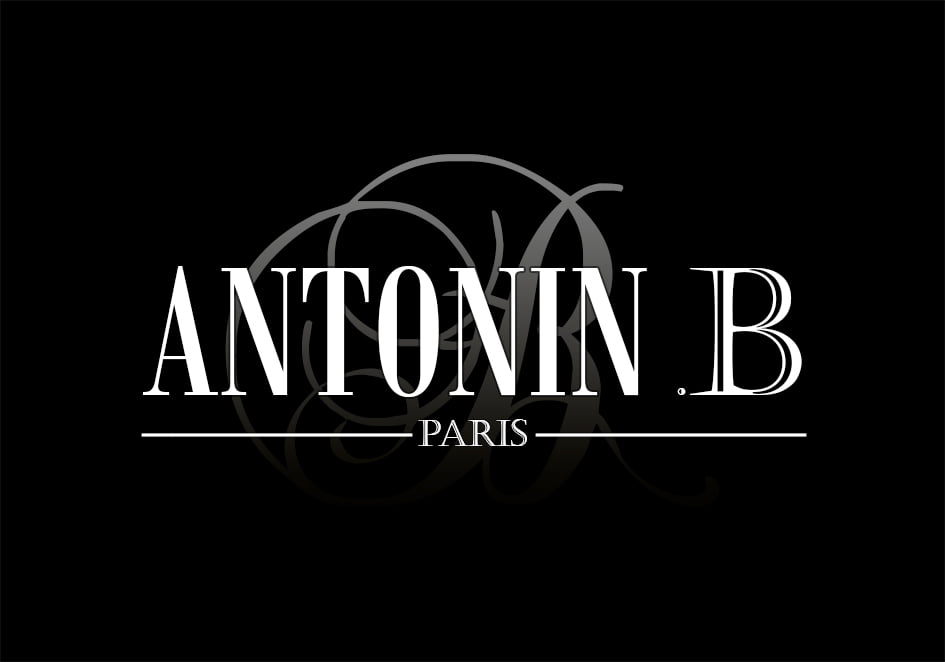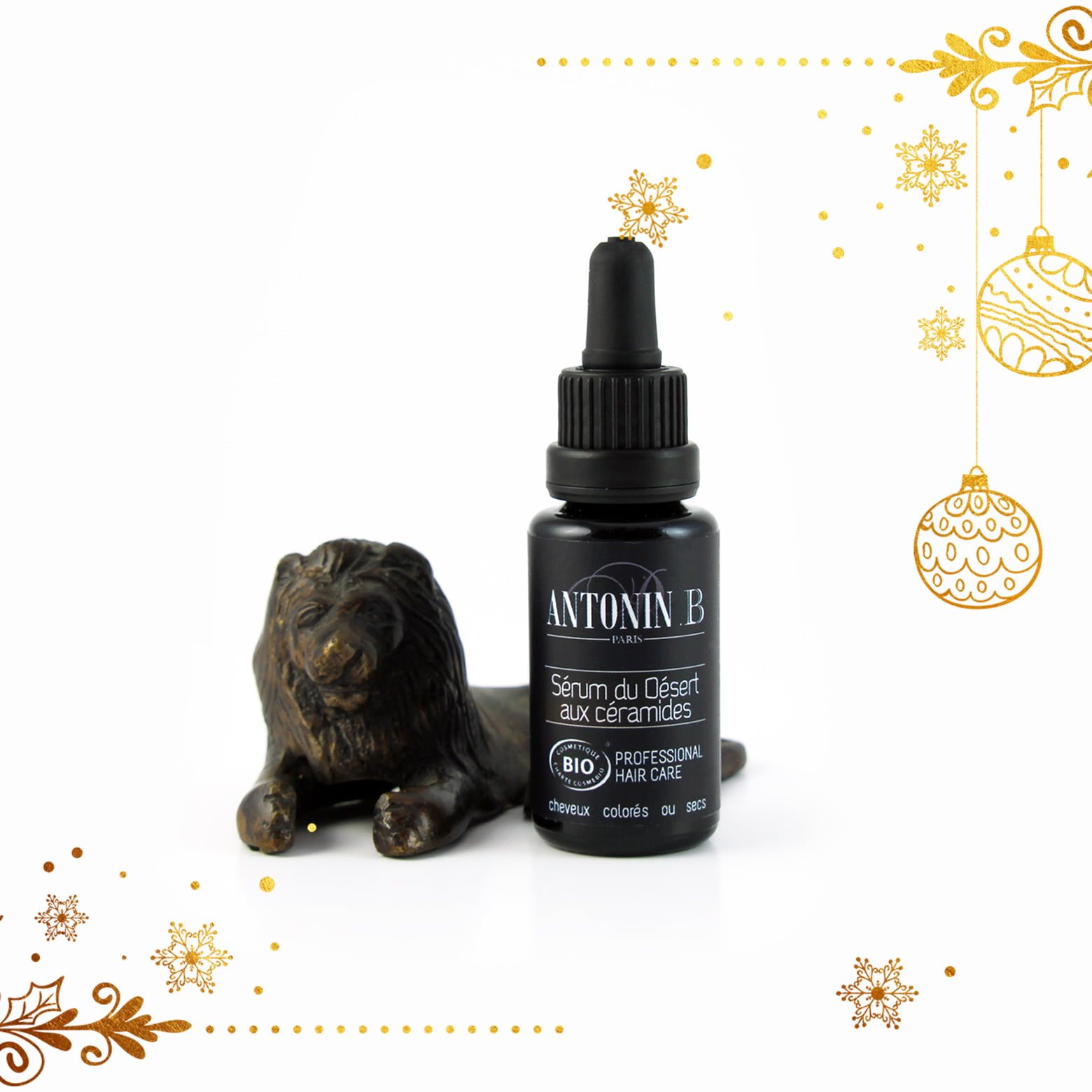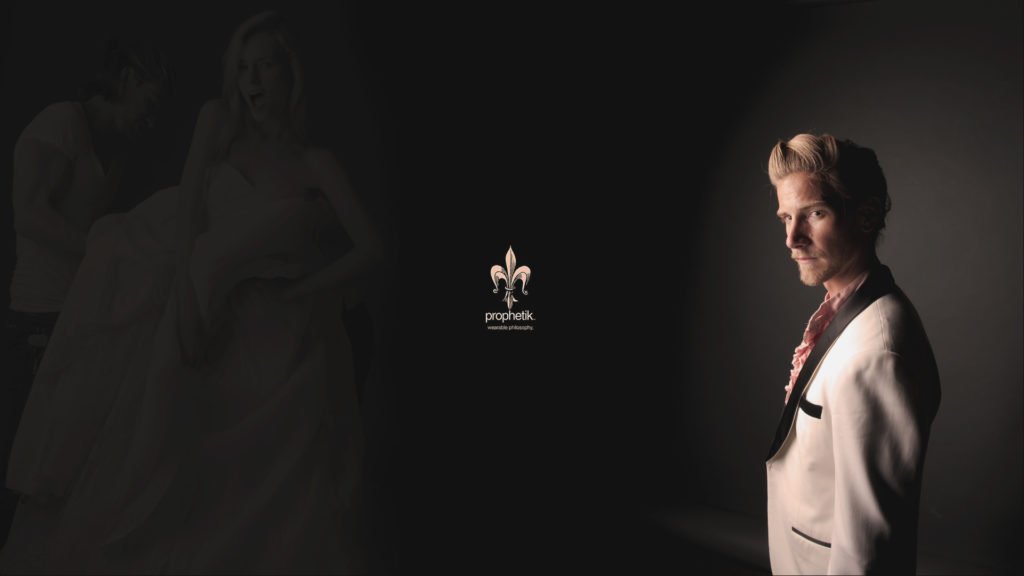Subtotal: € 32.00
A few days ago a blogger posted the following question on Twitter: Can someone claim to go organic and still put on makeup?
If we stop at the exact definition of “organic”, we are tempted to say “Of course! That’s obvious.” But that is too easy. That is pretending we do not understand that “organic” has come to mean something more than just organic farming or pesticides free or environmentally conscious. That word has taken on an almost political meaning. Today, when we talk about “organic”, we also hear commitment, natural in all meanings of the word, accepting of ourselves (with our unique nature), and respect for our physical integrity as it was given to us by Mother Nature, etc.
So when someone asks the question: “Can luxury truly be sustainable” it’s not that simple any more.
First, what does sustainable mean?
In short, it is a way of producing goods that does not deplete the planet’s resources but instead allows us to use them on the long term, without endangering them. Of course, in this case again, the public’s perception goes a bit further. The notion of commitment is quite present—commitment for a healthier planet but also for better ethics in the relationships with humans.
But isn’t luxury exclusive by definition (in the literal meaning of the word)? That is to say, which excludes certain people? In this context, is it not too far from what can be expected of a “sustainable” brand? In much coarser terms, “Is it acceptable for a brand, for instance, to use organic oil from a sacred tree somewhere in order to sell only to a specific segment of the population?”
As you are currently reading an article from a website that claims to be “eco-chic”, you have probably guessed that this way of thinking is not our own.
Of course, if we are referring to a form of unreasonable hyper luxury where only the shiny things matter (including shiny money), then yes, the legitimacy of an eco/sustainable/ethical claim can be questioned. The answer itself is not necessarily simple but the question is a legitimate one.
However, we believe that the only way to create quality products while participating in the development of sustainable and fair distribution channels is to go upmarket. This is not to be understood as putting indecent price tags on the products, without any consideration for the reality of sourcing and manufacturing. It simply means that in order to invest more towards our convictions, we need more means.
Luxury then becomes a question not of price but of aesthetics, quality and creativity. That is luxury that serves sustainability. It is not exclusive but demanding.
What do you think? Do you agree or do you think luxury, sustainable and ethical are incompatible concepts?
Please leave a comment or reply on Twitter #AntoninB #SustainableLuxury





